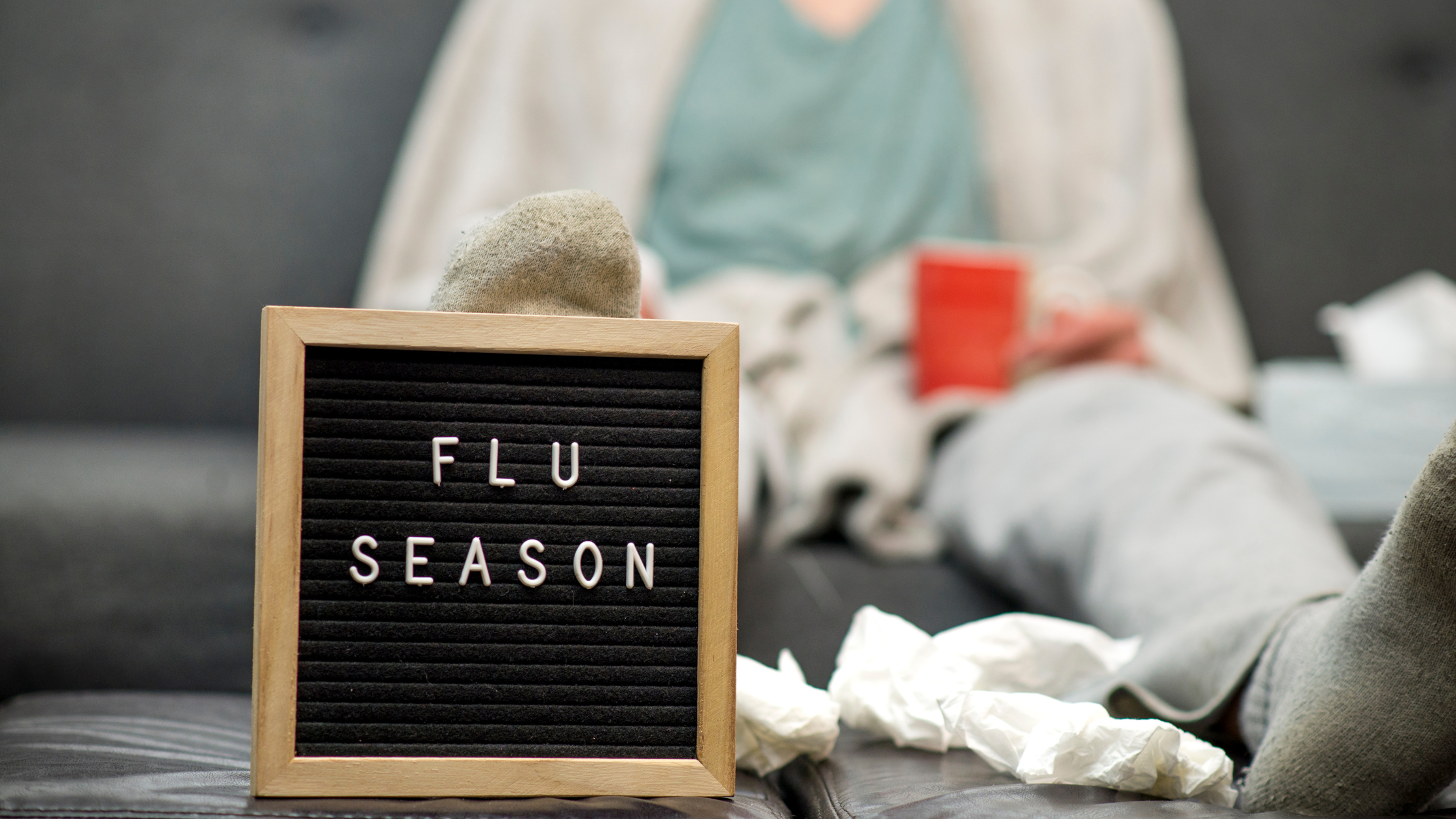When you’re sick with the flu, it’s natural to want to lie down. You’re exhausted and in pain; sometimes even the thought of walking across your home can seem like a major undertaking! But while resting is important when you’re recovering from illness, getting enough sleep may be even more important—it’s one of the best ways to speed up your recovery from the flu. In fact, doctors recommend getting at least seven hours of sleep every night when you have an illness like influenza (but preferably eight). So, if you’ve been tossing and turning for what feels like forever because of that nasty cold or fever? It might be time to hit the hay once again.
Sleep helps you fight flu-related stress.
Stress is a huge factor when it comes to getting sick. When you’re stressed, your immune system is weakened and can make you more likely to catch the flu in the first place. If that wasn’t bad enough, stress also makes it more likely that the symptoms of the flu will stick around longer than they should–and even make them worse!
Sleep gives your immune system a boost.
The immune system is a complex network of organs and cells that work together to protect the body from disease. When you’re sick with the flu, your immune system is working overtime to fight off infection. Sleep can help give this process an extra boost by improving your body’s ability to produce antibodies–the proteins that attack pathogens like viruses and bacteria–and helping it recover from illness faster.
A study published in the journal Sleep found that people who received less than six hours of sleep per night were more likely than those who got seven or more hours of restful slumber each day had higher levels of interleukin-6, an inflammatory chemical produced by our bodies when we have an infection or inflammation somewhere in our body like our sinuses or lungs during flu season due to its ability fight off infections such as influenza virus which causes seasonal outbreaks every year during wintertime months between November through April depending on where you live.
Sleep helps prevent complications of the flu, such as pneumonia, which can be fatal.
Pneumonia is a serious infection of the lungs. It can be caused by viruses, bacteria or fungi and is common in people who have the flu. Pneumonia can be fatal if it’s not treated properly with antibiotics.
Before you get sick with the flu or any other virus that causes cold-like symptoms, your body must first recognize that there’s an invader present on its own turf–your nasal passages and throat–and then mount an immune response against it. This process takes time: between 24 hours and 72 hours after exposure, depending on how severe your symptoms are and how long they last; but during this time period, sleep helps keep your immune system strong enough so that when those nasty invaders come knocking at nightfall their bid for entry will meet resistance from within rather than find itself welcomed into unchallenged territory.
Must-dos when you have the flu.
While you’re recovering from the flu, it’s important to get plenty of rest. Here are some other tips to help you fight the flu.
- Take naps when possible. The best time for a nap is between 2 p.m. and 4 p.m., when you have naturally lower energy levels due to circadian rhythms (your body’s internal clock). Naps should last no longer than 20 minutes if possible–any longer than that and you might find yourself waking up groggy instead of refreshed!
- Stay home. When you’re sick it’s important to stay home and away from other people, so you don’t share the germs at school or work. The CDC says you should stay home at least 24 hours after your fever is gone.
- Wash your hands often. To protect other people, you live with from getting sick, make sure to wash your hands with soap and water for a minute.
- Keep hydrated. Staying hydrated is already important when you’re not sick, but even more so when you are sick. Drinking water or hot tea can help thin the mucous in your sinuses so you can breathe a bit easier. Adding honey to hot water or tea can also be very helpful for sore throats and mucous.
- Steamy showers. If you find yourself extra congested and having a hard time breathing, taking a hot shower can help loosen mucous.
- Get rest. Expending too much energy when you’re sick can make your sickness even worse or could extend the sickness. Sleep is the best medicine when you find yourself with the flu or even a common cold. Sleep helps your body heal and recover itself, so getting extra sleep will allow your body more time to heal.
